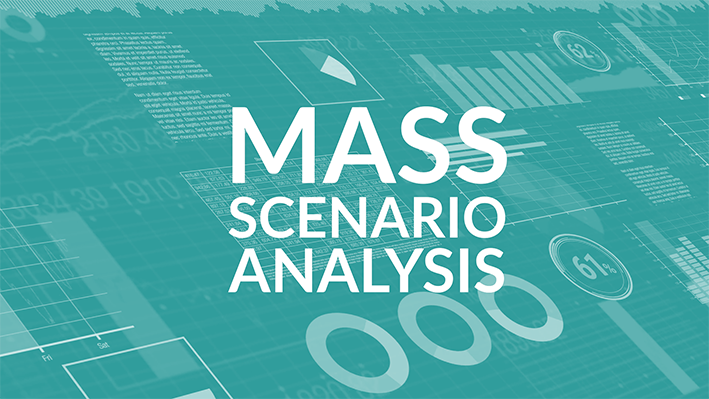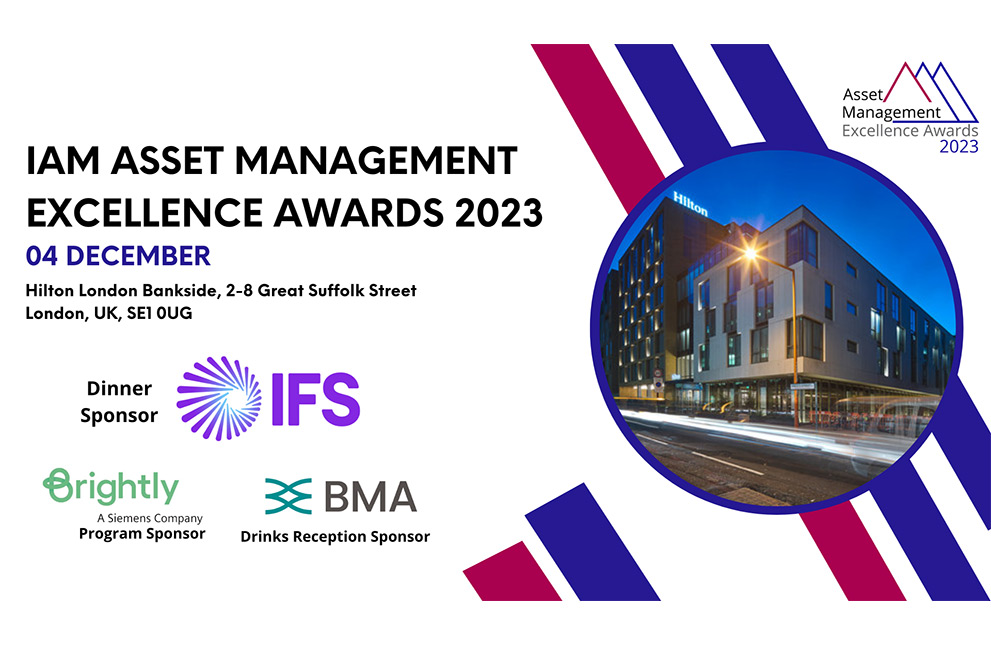Scottish Water selects BMA to map its journey to Net Zero Emissions
As Net Zero takes on increased importance, water and wastewater systems are a key focus area for reducing carbon emissions. We’re thrilled that Scottish Water has selected UK software and AI-powered Decision-Intelligence company, BMA, to develop optimal decarbonisation pathways for wastewater process emissions.





